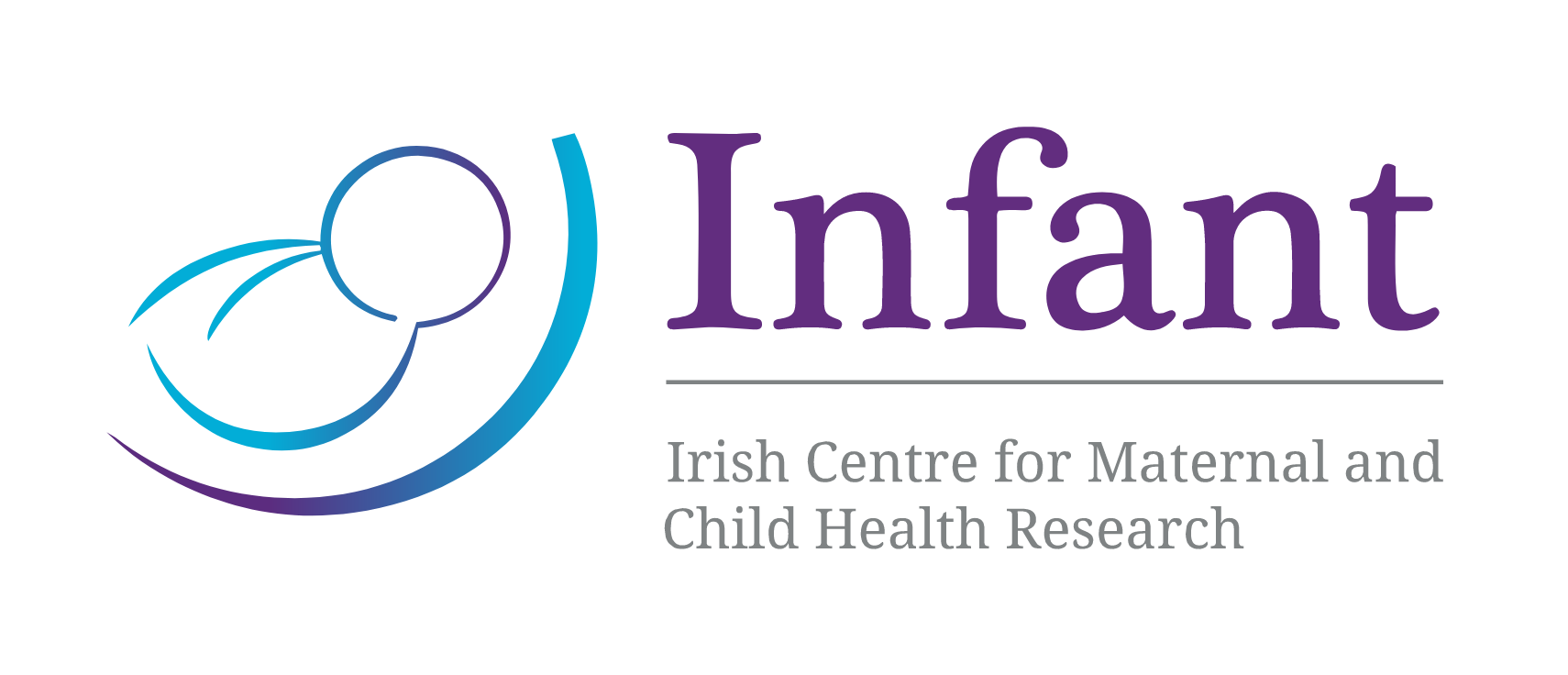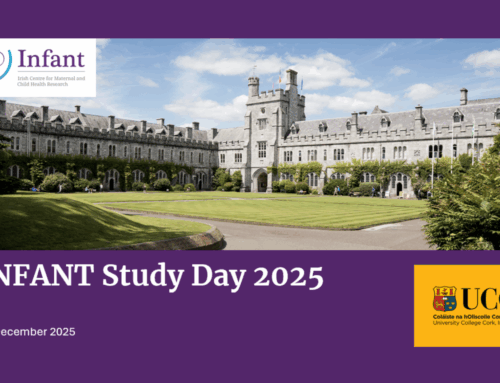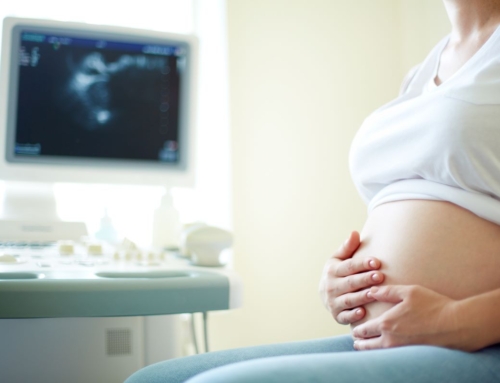Monday 11 November 2019
PRESS RELEASE
Newborns who suffer mild oxygen deprivation impacted in later life
Research raises questions about the current medical approach during birth
Babies who suffer mild oxygen deprivation at birth have impaired cognitive outcomes compared to children with uneventful deliveries, joint Irish and Swedish research reveals today.
Lack of oxygen to the newborn brain affects almost 200 babies in Ireland each year and results in death or disability in over 1 million infants each year globally. The condition, known as Hypoxic Ischaemic Encephalopathy (HIE), causes brain injury due to lack of oxygen and can leave newborns with permanent neurological damage or cerebral palsy.
Researchers at the Irish Centre for Maternal and Child Health Research (INFANT) at University College Cork (UCC), along with colleagues at the Karolinska Institute in Sweden joined together to examine the outcome in a large number of babies with this condition.
Combining data from infants in Cork and Stockholm, this study found that a significant number of children who suffer mild HIE at birth have impaired cognitive outcomes compared to children with uneventful deliveries. These early delays can herald learning or behavioural difficulties which become more significant over time.
HIE in children is graded as mild, moderate and severe. The only proven treatment for HIE is Therapeutic Hypothermia (known as cooling therapy) if introduced within the first six hours of birth. Cooling reduces the risk of death and disability in infants with moderate to severe HIE. Randomized controlled trials of cooling to date have not included infants with mild HIE due to a perceived good prognosis.
This research today raises the question as to whether these babies should be treated at birth with cooling therapy. Currently, worldwide, this therapy is reserved for babies with more severe degrees of HIE.
This study analysed data from 471 children recruited to research studies in Cork and Stockholm between 2007-2015. The study found that children with mild HIE at birth have significantly lower cognitive composite scores than children with uneventful deliveries when measured with the Bayley Scales of Toddler and Infant Development 3rd edition (BSITD-III) at 2-3 years.
The findings published in the Journal of the American Medical Association (JAMA) Pediatrics highlights the need for clinical trials of neuroprotective therapies to include children with mild HIE.
INFANT Principal Investigator, UCC Professor Deirdre Murray is Head of Paediatrics and Child Health at Cork University Hospital and leads research in the area of HIE and perinatal asphyxia.
Speaking about the findings Prof Murray said, “The results from this study are significant. In 471 children recruited across two different countries, we saw the same pattern. At present, doctors who care for these newborns do not know whether to treat them or not. No trials have studied effects in these infants with milder injury. Our study has shown that their development at 2 years is significantly lower than expected. A large, adequately powered trial is urgently needed to answer this question and to guide doctors in their care of infants with mild HIE.”
The study was supported by funding from the Health Research Board, Science Foundation Ireland and the Wellcome Trust.
Read the full publication here.




